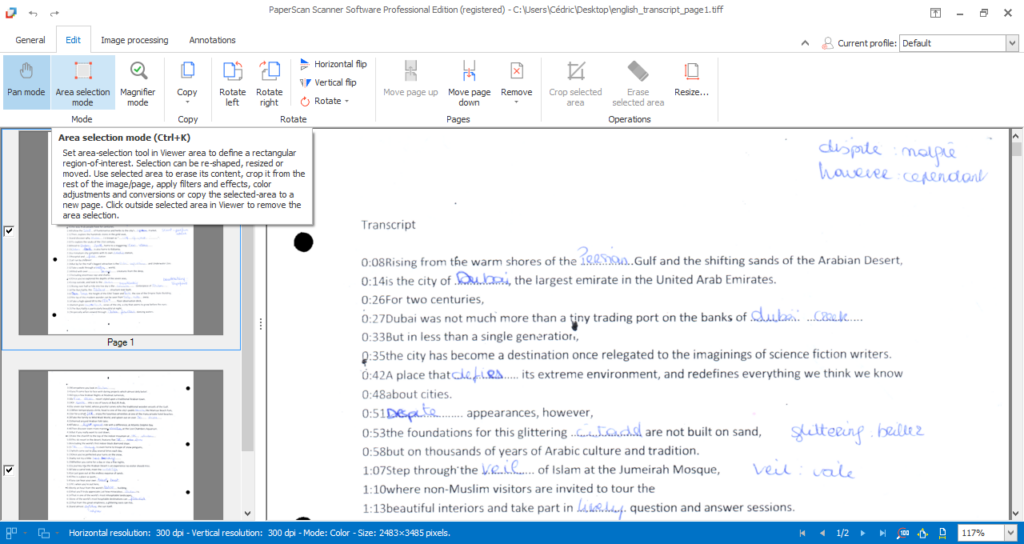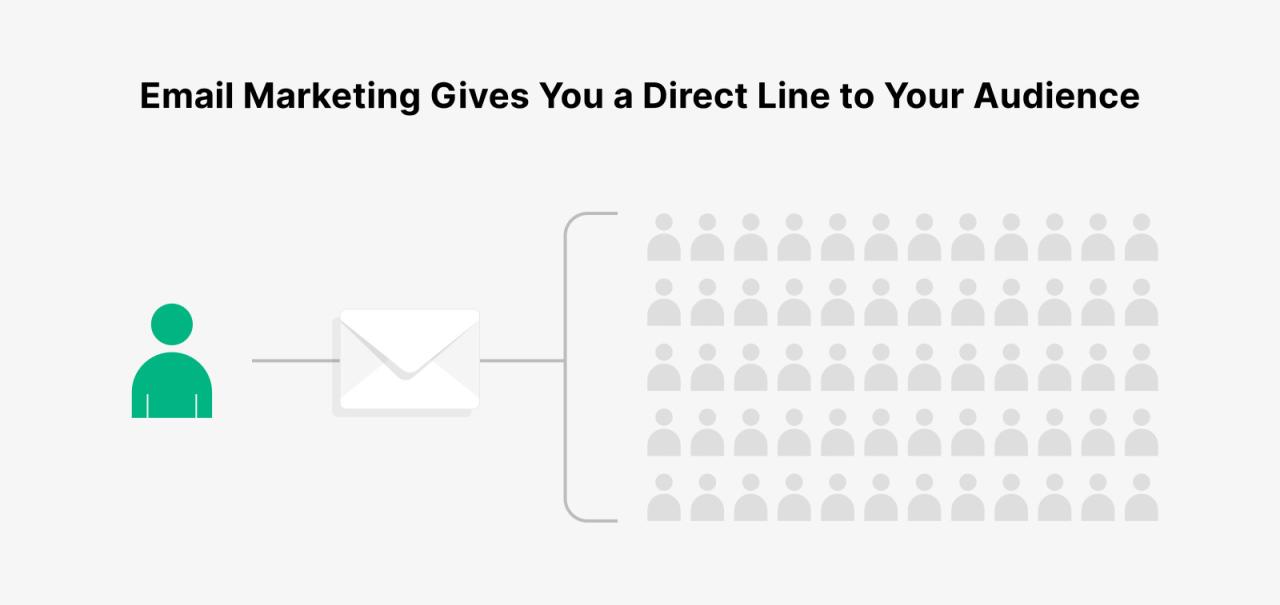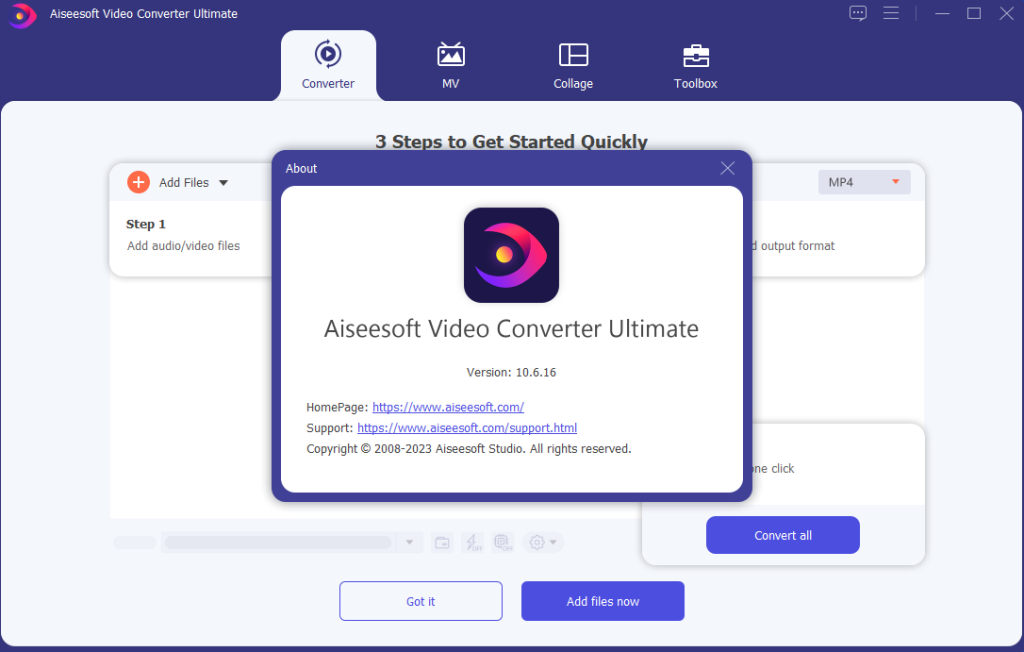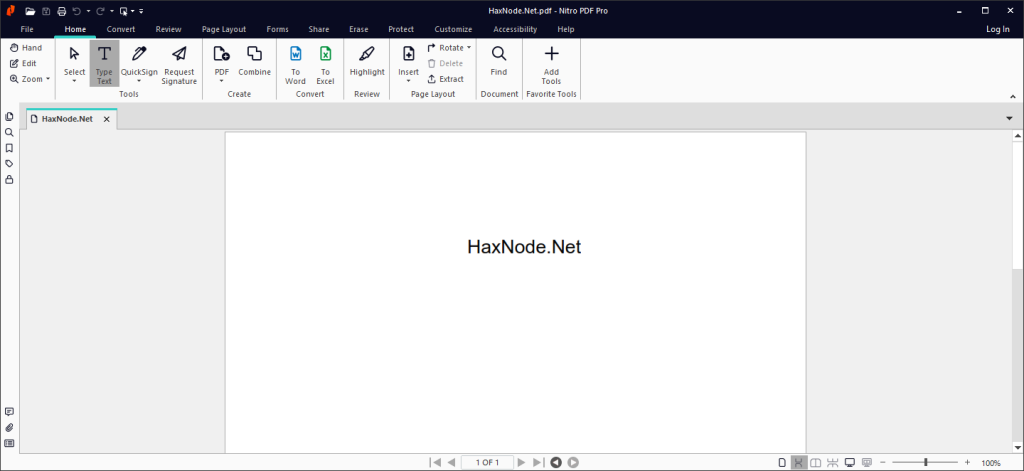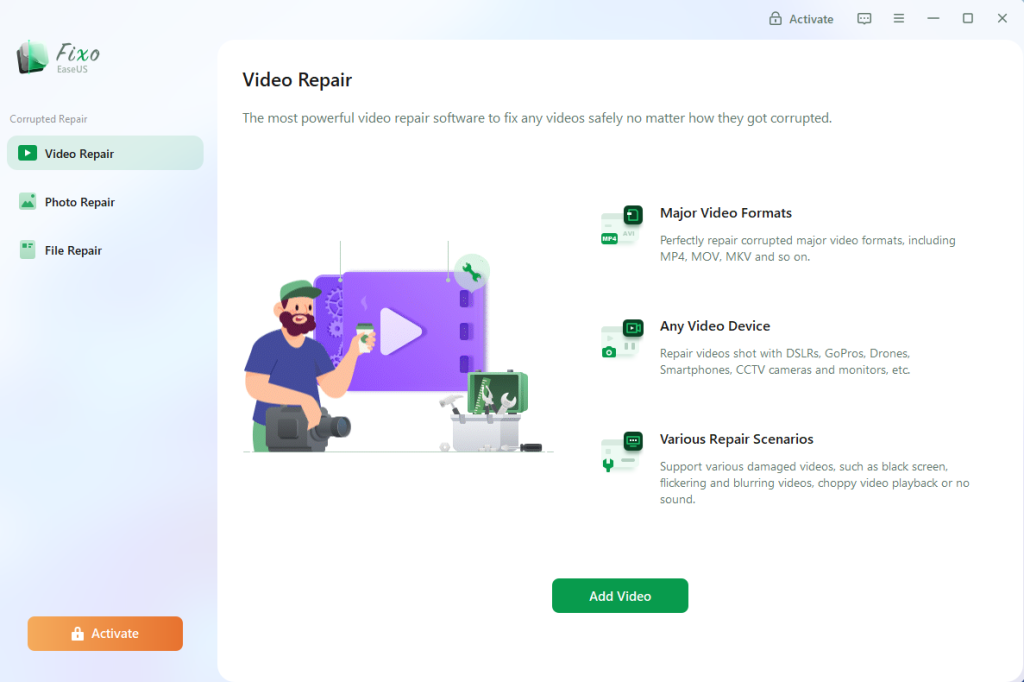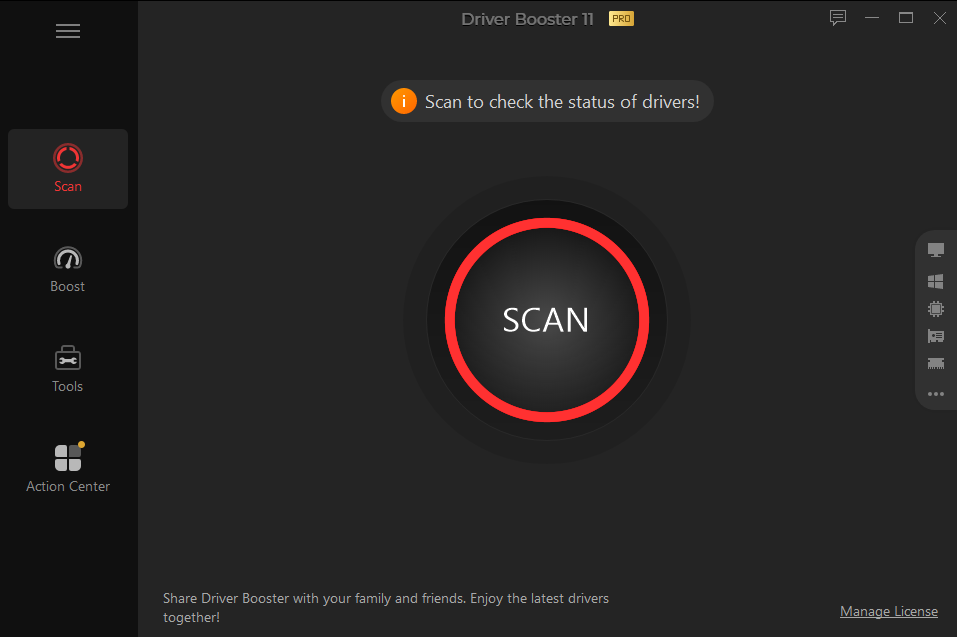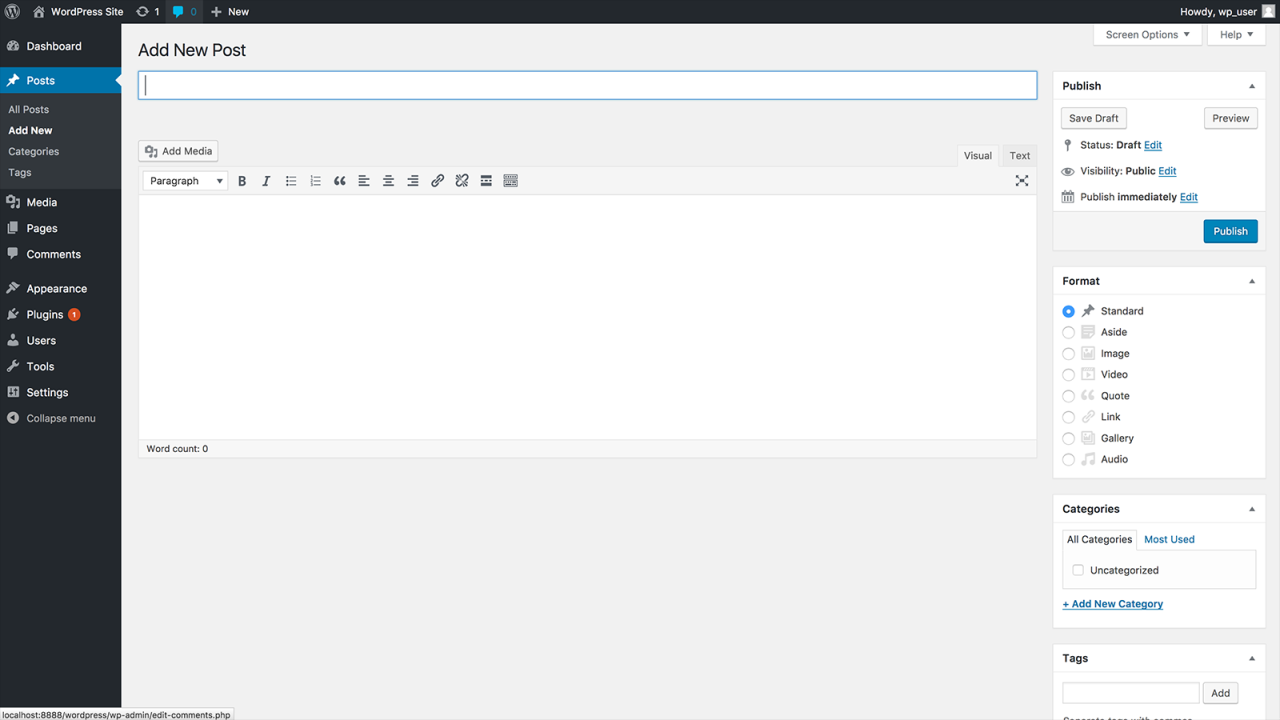Page titles are one of the most important elements of site optimization. When a crawler examines your site, the first elements it looks at are the page titles. And when your site is ranked in search results, page titles are again one of the top elements considered. So when you create your web site, you need to have great page titles.
There are several considerations when coming up with your page titles. Here are some of the key factors to consider:
- Unlessyou’re Microsoft, don’t use your company name in the page A better choice is to use a descriptive keyword or phrase that tells users exactly what’s on the page. This helps ensure that your search engine rankings are accurate.
- Try to keep page titles to less than 50 characters, including Some search engines will index only up to 50 characters; others might index as many as 150. However, main- taining shorter page titles forces you to be precise in the titles that you choose and ensures that your page title will never be cut off in the search results.
The World Wide Web Consortium (W3C) has determined that the outside length of a page title should be no more than 64 characters. Search engines will vary in the size of
title that’s indexed. Using 64 characters or less is an accepted practice, however, that still leaves your page titles cut off in search engines that only index up to 40 or 50 characters. For this reason, staying at or below the 40-character length is a smarter strategy within your SEO efforts.
- Don’t repeat keywords in your title Repetition can occasionally come across as spam when a crawler is examining your site, so avoid repeating keywords in your title if possible, and never duplicate words just to gain a crawler’s attention. It could well get your site excluded from search engine listings.
- Consider adding special characters at the beginning and end of your title to improve Parentheses (()), arrows (<<>>), asterisks (****), and special symbols like
££££ can help draw a user’s attention to your page title. These special characters and symbols don’t usually add to or distract from your SEO efforts, but they do serve to call attention to your site title.
- Include a call to action in your title. There’s an adage that goes something like, “You’ll never sell a thing if you don’t ask for the ” That’s one thing that doesn’t change with the Web. Even on the Internet, if you want your users to do something you have to ask them to.
All your page titles should be indicated with the title tag when coding your web site. The title tag isn’t difficult to use. Here’s an example of such a tag:
<title>A Descriptive Web Site Title</title>
If your page titles aren’t tagged properly, you might as well not be using those titles, so take the time to ensure that your page titles are short, descriptive, and tagged into your web-site code. By using title tags, you’re increasing the possibility that your web site will be ranked high within search engine results.
Search
Popular on Blogar
2024 Codecademy Premium Account Cookies
- May 17,2024
- 452 Views
2024 Grammarly Premium Account Cookies
- May 17,2024
- 349 Views
2024 Canva Pro Free Team Invite Link And Cookies
- May 17,2024
- 441 Views
Perplexity AI Premium Cookies 2024
- Apr 17,2024
- 472 Views
2024 Udemy Premium Account Cookies
- Apr 15,2024
- 296 Views
2024 ChatGPT 4 Premium Account Free Cookies
- Apr 12,2024
- 539 Views
ORPALIS PaperScan Professional Edition 4.0.10 Cracked
- Mar 29,2024
- 465 Views
Email Marketing-What Is Email Marketing?
- Oct 28,2022
- 514 Views
Content Marketing-What is Content Marketing
- Oct 27,2022
- 751 Views
Social Media Marketing-Social Media Marketing (SMM)
- Oct 27,2022
- 661 Views
Pay-Per-Click-What is PPC
- Oct 27,2022
- 711 Views
Aiseesoft Video Converter Ultimate v10.8.30 (x64) Cracked
- Apr 10,2024
- 99 Views
2024 Free Netflix Premium Account Cookies
- May 17,2024
- 877 Views
Nitro PDF Pro v14.22.1.0 Enterprise (x64)
- Feb 21,2024
- 87 Views
EaseUS Fixo Technician v1.5.5 Build 20240412 Cracked
- Apr 16,2024
- 86 Views
IObit Driver Booster Pro v11.4.0.57 Cracked
- Apr 17,2024
- 80 Views
January 11-2024-X40 Disney+ Premium Accounts
- Jan 11,2024
- 80 Views
When and Why Do You Need to Copy a Website?
- Apr 23,2024
- 80 Views
Recent Post
2024 Codecademy Premium Account Cookies
- May 17th 2024
- 452 Views
2024 Grammarly Premium Account Cookies
- May 17th 2024
- 349 Views
2024 Canva Pro Free Team Invite Link And Cookies
- May 17th 2024
- 441 Views
Perplexity AI Premium Cookies 2024
- April 17th 2024
- 472 Views
2024 Udemy Premium Account Cookies
- April 15th 2024
- 296 Views
2024 ChatGPT 4 Premium Account Free Cookies
- April 12th 2024
- 539 Views
ORPALIS PaperScan Professional Edition 4.0.10 Cracked
- March 29th 2024
- 465 Views
Email Marketing-What Is Email Marketing?
- October 28th 2022
- 514 Views
Content Marketing-What is Content Marketing
- October 27th 2022
- 751 Views
Social Media Marketing-Social Media Marketing (SMM)
- October 27th 2022
- 661 Views
Pay-Per-Click-What is PPC
- October 27th 2022
- 711 Views
How Do Security Plugins Operate On WordPress?
- May 17th 2024
- 22 Views
Copyright © 2024 BBBBF All Rights Reserved.







